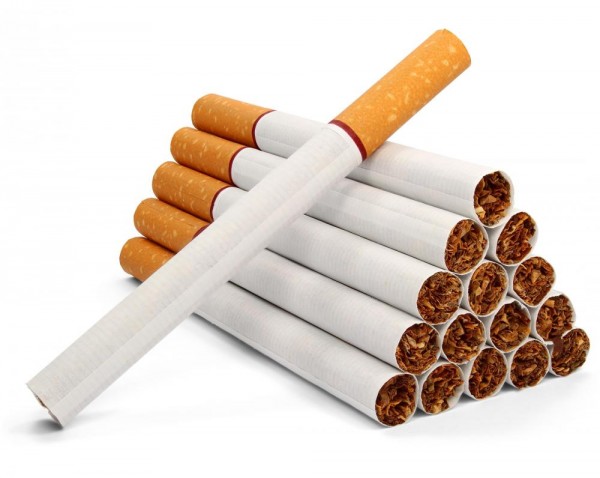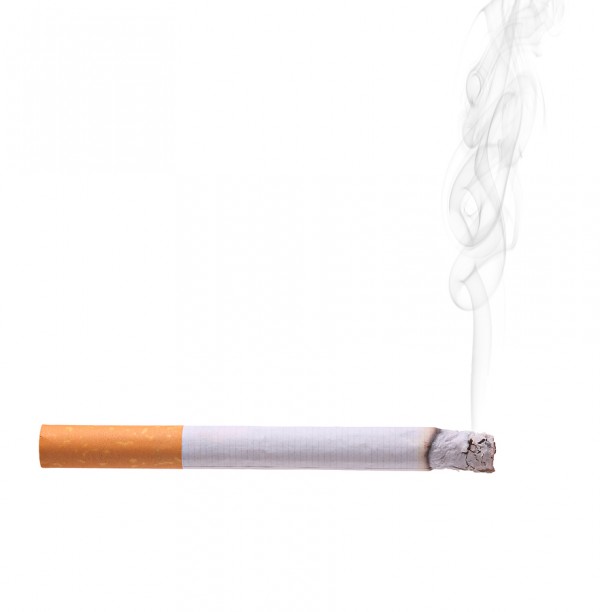PUBLISHED IN TCI WEEKLY NEWS
5th April 2014
How can smoking affect my oral health?
Most people now know that smoking is bad for their health. It can cause many different health problems and, in some cases, fatal diseases. However, many people don’t realise the damage that smoking can do to their mouth, gums and teeth; smoking can lead to tooth staining, gum disease, tooth loss and – more seriously – mouth cancer.
Why are my teeth stained?
One of the effects of smoking is staining on the teeth due to the nicotine and tar in tobacco. It can make the teeth yellow in a very short time, and heavy smokers often complain that their teeth are almost brown after years of smoking.
How will smoking affect my gums and teeth?
Gum disease is the most common cause of tooth loss in adults and people who smoke have increased susceptibility to gum disease. Smoking may change the type of bacteria in dental plaque, increasing the number of pathogenic (disease-causing) bacteria. It also reduces the blood flow in the gums and supporting tissues of the tooth and makes them more likely to become inflamed. Smokers’ gum disease will get worse quicker than in people who do not smoke and because of the reduced blood flow, smokers may not get the warning symptoms of bleeding gums as much as non-smokers. Smokers are also more likely to have a dry socket after extraction.
 How is smoking linked with cancer?
How is smoking linked with cancer?
Most people know that smoking can cause lung and throat cancer, but many people still don’t realise that it is one of the main causes of mouth cancer too.
Are there special dental products I can use?
There are special toothpastes for people who smoke. They are more abrasive than ordinary pastes and need to be used with care. Your dentist may recommend that you use these toothpastes alternately with your usual toothpaste, for example by using a smokers’ toothpaste in the morning and an ordinary one at night.
What about mouthwashes?
People who smoke may find they are more likely to have bad breath than non-smokers. Fresh-breath products such as mouthwashes may help to disguise the problem in the short term, but that is all they will do. Also avoid alcohol based mouthwash as this also is linked to oral cancer.
How often should I visit my dentist?
It is important that you visit your dentist regularly, for a full mouth examination so that any other conditions can be spotted early. Due to the increased likelihood of stained teeth and gum disease, it is not uncommon for patients who smoke to have a dental cleaning every 3 months.